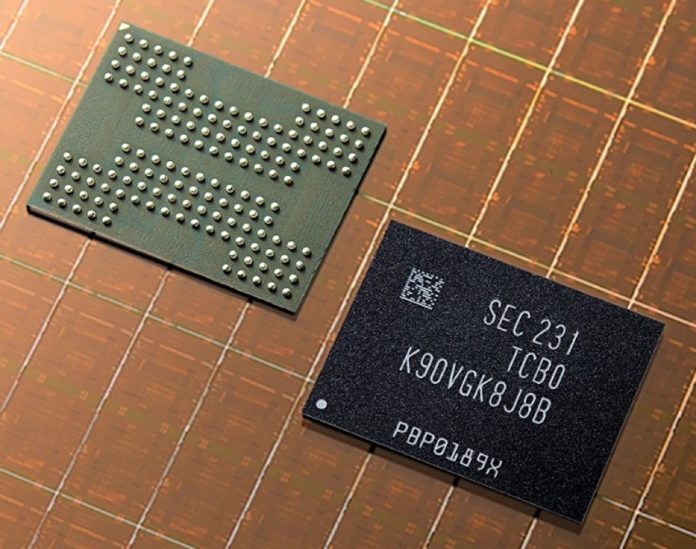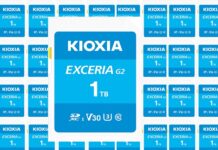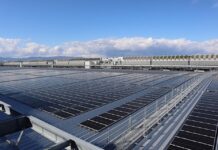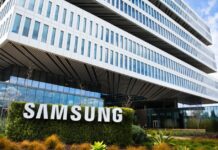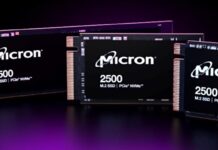Samsung is mass producing a 1 terabit 3D NAND chip with the highest bit density in the industry meaning more flash memory for smartphones, smart cars, SSDs and servers.
Update: 20 percent bit density increase statement removed; 10 November 2023.
The K90VGK8J8B chip uses Sammy’s gen 8 V-NAND (Vertical-NAND) technology with, we understand, 236 layers and cells organised into TLC (3 bits/cell format). It uses a Toggle DDR5 interface, transferring data at 2,400Mbps.
SungHoi Hur, Flash Product & Technology EVP at Samsung Electronics, said: “Samsung has adopted its advanced 3D scaling technology to reduce surface area and height, while avoiding the cell-to-cell interference that normally occurs with scaling down.”
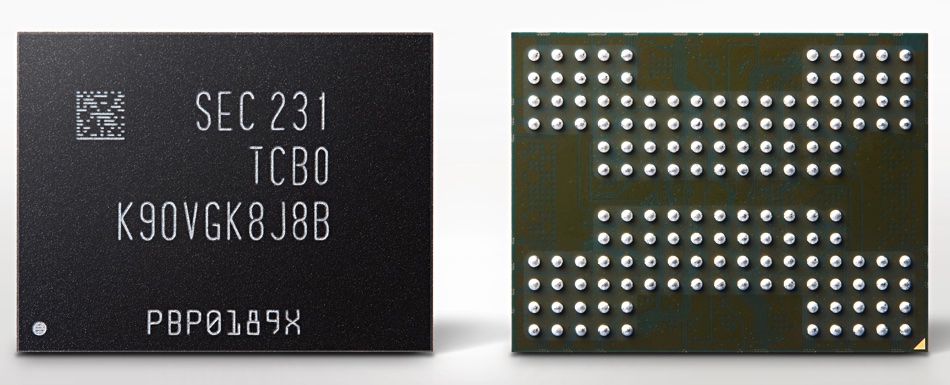
Samsung said it was able to attain the industry’s highest bit density by significantly enhancing the bit productivity per wafer. It’s latest chip is a good fit for SSDs using the PCIe gen 4 interface and doubled speed PCIe gen 5.
The 236-layer count is 34 per cent more than its 7th generation 3D NAND with a 176-layer count. This combined two 88-layer sections rather than building a single 176-layer device; a technology termed string stacking. Samsung has not revealed whether the 236-layer chip is string-stacked. A major problem with 150-plus layer chips is that the etching of holes through the layers becomes progressively more difficult as the layer count increases, with the hole geometry becoming irregular.
SK hynix is sample shipping a 238-layer count 512Gbit chip, half the capacity of Sammy’s latest NAND chip. It is due to enter mass production in the first half of 2023.
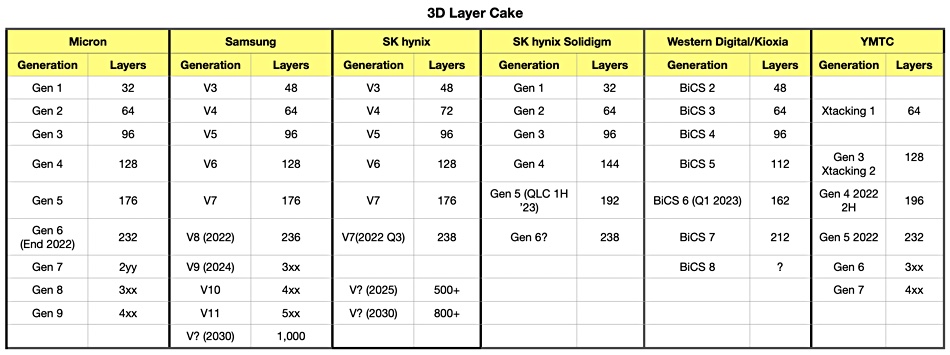
NAND fab partners Kioxia and Western Digital are at the 212-layer point. Micron has 232-layer technology in development as does China’s YMTC. Micron is delaying a production ramp of the 232-layer chip due to the deteriorating economic situation which has adversely affected its earnings. YMTC’s development is expected to be slowed by US Technology export restrictions.
Samsung has not announced any SSD products that use its 1Tb chips. Its FMS 2022 booth and presentations mentioned several SSDs that could use it.
Were Samsung to produce a QLC (4bits/cell) version of its latest chip, the capacity would be a third higher at 1.33Tbit.


